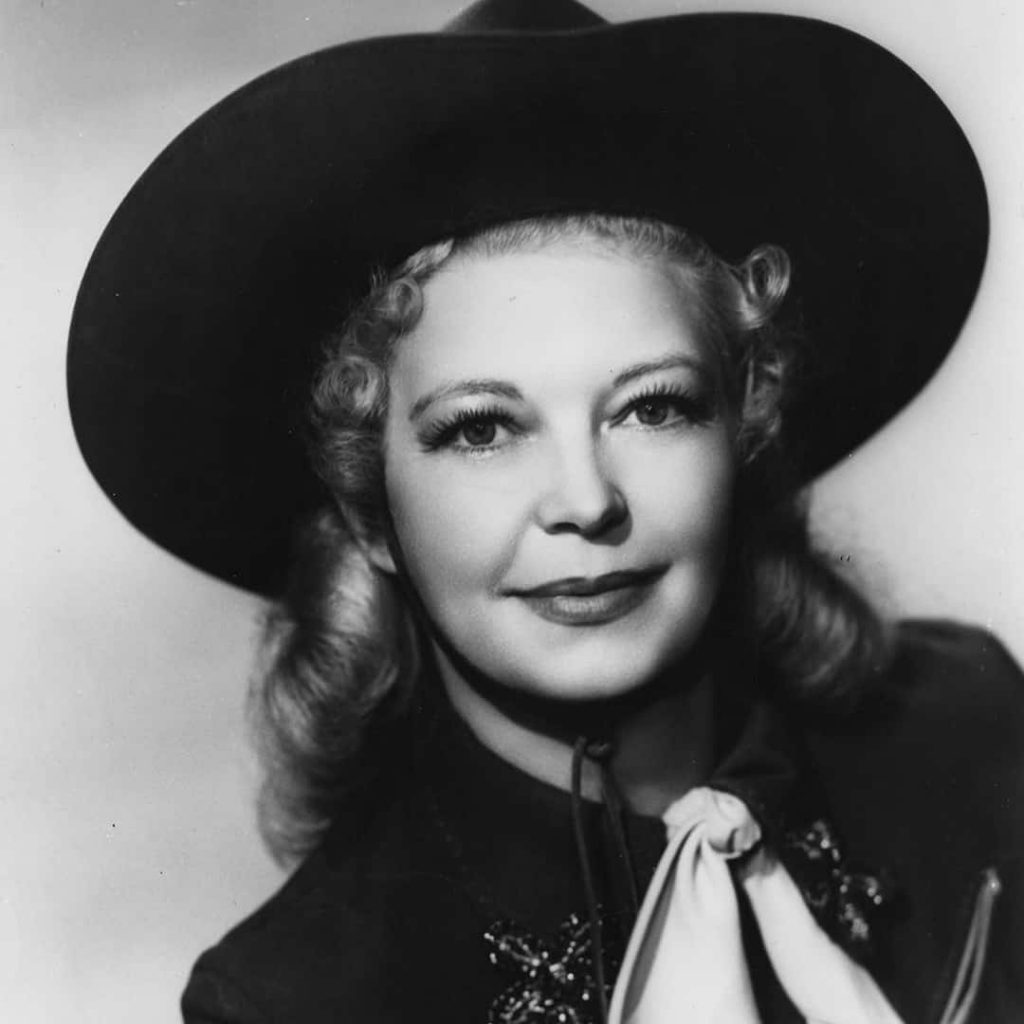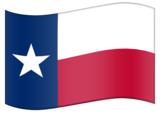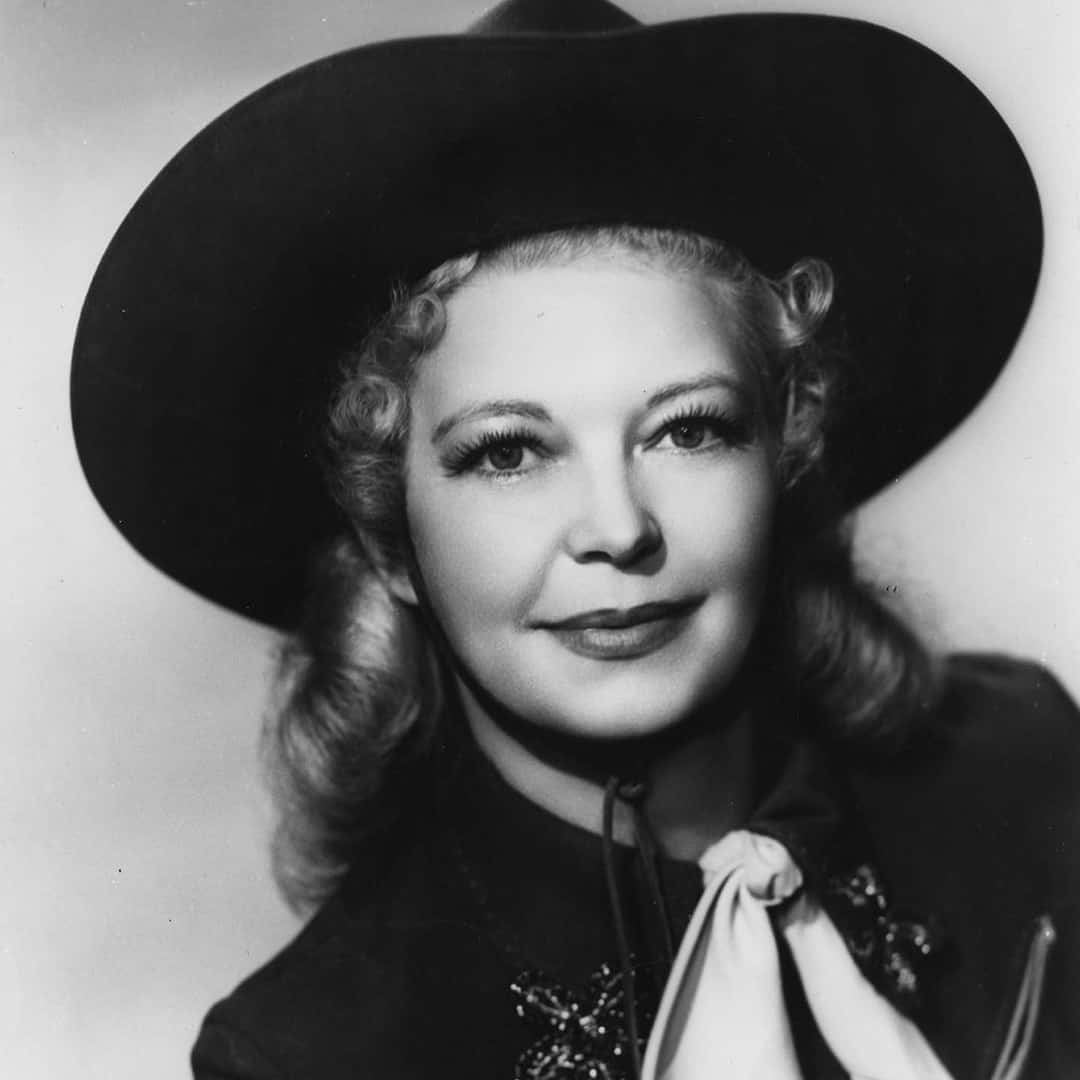
Legendary songwriter Cindy Walker was born in Mart, a small town located outside Waco in central Texas, in 1918. She grew up on her grandparents’ farm and wrote her first song when she was 12 years old. Her Grandfather was a well-known hymn writer, and her mother was a pianist, so she was surrounded by traditional musical influences growing up.
Walker had her big break when she traveled to Los Angeles with her father when she was a senior in high school. She had written a song called ‘Lone Star Trail,’ and she asked her father to stop the car at the Bing Crosby Enterprises building to pitch a song to him. She recounts the story in an interview with the Chicago Tribune:
I took my little guitar–that’s what I was writing songs with. I wasn’t a good player, but I could get the chords. Anyway, Bing was sitting there in his chair at Paramount Studios, and a publisher from New York was sitting with him. Larry said, “This gal’s name is Cindy. She wants you to hear a song she’s written.” The publisher said, “Can I listen too?” And so we all went up to Bing’s dressing room. I sang “Lone Star Trail,” and he said, “I like it. I’ll do it.” Then the publisher said, “I like it and I’ll publish it.” I said, “Shucks, there ain’t nothing to this.”
Chicago Tribune, 1988
She had a brief stint as a recording artist, but songwriting was where her talent shined through. She had a songwriting career spanning five decades and was inducted into the Country Music Hall of Fame in 1997. She has been described as “the greatest living songwriter of country music,” and wrote over 500 recorded songs for influential country and pop artists like Bob Wills and the Texas Playboys (who recorded over 50 of her songs), Gene Autry, and Ray Charles.
Walker wrote “You’re from Texas,” which was recorded by Bob Wills, but most of her songs don’t have anything to do with the state. They do, however, show a deep personal connection that Walker had to the American West, and her songs are described as having “pure, plainspoken lyrics of romance, heartbreak, and picturesque prairies” and a “romantic, sentimental, Western-flavored [feel].”
She typically wrote with a particular artist in mind, and her music has a very wistful sound, with descriptive lyrics and long instrumental intros and breaks. The song structure itself is usually very simple. The first verse and chorus are typically repeated, and often her compositions won’t have more than two verses. Because she was primarily a songwriter and not a recording artist, the instruments and playing styles used for her music vary from artist to artist.
Walker had a lasting impact on country music, and Texan musicians like Merle Haggard and Willie Nelson have paid tribute to her. You can hear her impacts on their musical styles, as they both write lyrics that are thoughtful, descriptive, and often introspective, and their brand of country, known as outlaw country, melds folk rhythms and influences in the same way that her music does, giving it a noticeable contrast from the highly produced, pop-influenced country that was popular in their heyday.
The three songs that encapsulate Cindy Walker’s sound are linked below. They all share lyrics that paint a picture for the listener, a sentimental feel, and are versatile enough to work well as country, pop, or rock, depending on which version you listen to. The version of “You Don’t Know Me” linked was recorded by Walker herself, but the other two are different artists. “Blue Canadian Rockies” is best known as a Gene Autry song, and “Cherokee Maiden” was recorded by Merle Haggard several times, the version linked being one of many. These songs are beautifully written and give an idea of Cindy Walker’s gift for writing about the American West.
Audio and lyrics below:
“You Don’t Know Me”
You give your hand to me and then you say hello
And I can hardly speak my heart is beating so
And anyone could tell you think you know me well
But you don’t know me
No, you don’t know the one who dreams of you at night
And longs to kiss your lips and longs to hold you tight
To you, I’m just a friend that’s all I’ve ever been
But you don’t know me
For I never knew the art of making love
Though my heart aches with the love for you
Afraid and shy I let my chance go by
The chance you might have loved me too
You gave your hand to me and then you say goodbye
I watch you walk away beside a lucky guy
You’ll never know the one who loves you so
No, you don’t know me
“Blue Canadian Rockies”
In the blue Canadian Rockies
Spring is silent through the trees
And the golden poppies are blooming
‘Round the banks of Lake Louise
Now, oh, how my lonely heart is aching tonight
For that girl I left behind
And, oh, what I’d give if I could be there tonight
With the sweetheart who’s waitin’ for me
In the blue Canadian Rockies
Spring is silent through the trees
And the golden poppies are blooming
‘Round the banks of Lake Louise
Across the sea they call me
And on and on a love so true
For the blue Canadian Rockies
And the one I love to see
And the one I love to see
“Cherokee Maiden”
One night when the moon was bright on a moonlit glade
That is where I found my little Cherokee maid
The memory of that night of love is lingering yet
And I know I never will forge
My little Cherokee maiden, I love her so
And though we’re far apart
I know I’ll never be trading my love for her
For anybody else’s heart
Someday I’ll make a trip back to the Cherokee strip
And I’ll carry her away with me
And straight as an arrow flies
We’ll ride to paradise
My sweet little chickadee
My little Cherokee maiden and me
My little Cherokee maiden, I love her so
And though we’re far apart
I know I’ll never be trading my love for her
For anybody else’s heart
Someday I’ll make a trip back to the Cherokee strip
And I’ll carry her away with me
And straight as an arrow flies
We’ll ride to paradise
My sweet little chickadee
My little Cherokee maiden and me
Sources:
“Cindy Walker: Artist Bio.” Country Music Hall of Fame, countrymusichalloffame.org/artist/cindy-walker/.
Martin, Douglas. “Obituaries: Cindy Walker, Songwriter.” The New York Times, The New York Times, 29 Mar. 2006, www.nytimes.com/2006/03/29/arts/obituaries-cindy-walker-songwriter.html.
Mclellin, Dennis. “Cindy Walker, 87; Wrote Hundreds of Songs Recorded by an Array of Artists.” Los Angeles Times, Los Angeles Times, 29 Mar. 2006, www.latimes.com/archives/la-xpm-2006-mar-29-me-walker29-story.html.
“Outlaw Country Music Genre Overview.” AllMusic, www.allmusic.com/subgenre/outlaw-country-ma0000002949.
Steidl, Joel. “Cindy Walker.” CINDY WALKER | Country Music Hall of Fame® and Museum | Nashville, Tennessee, web.archive.org/web/20070723165620/http://www.countrymusichalloffame.com/site/inductees.aspx?cid=196#.
Vine, Katy. “A Lyrical Life; The Day after I Arrived in Hollywood, Bing Crosby Decided to Record My Song ‘Lone Star Trail.” I Thought, ‘Shucks, There Ain’t Nothing to This.”.” Texas Monthly, Apr. 2004, www-proquest-com.unh-proxy01.newhaven.edu/abicomplete/docview/226946733/4B62823A272B4EF3PQ/2?accountid=8117.


